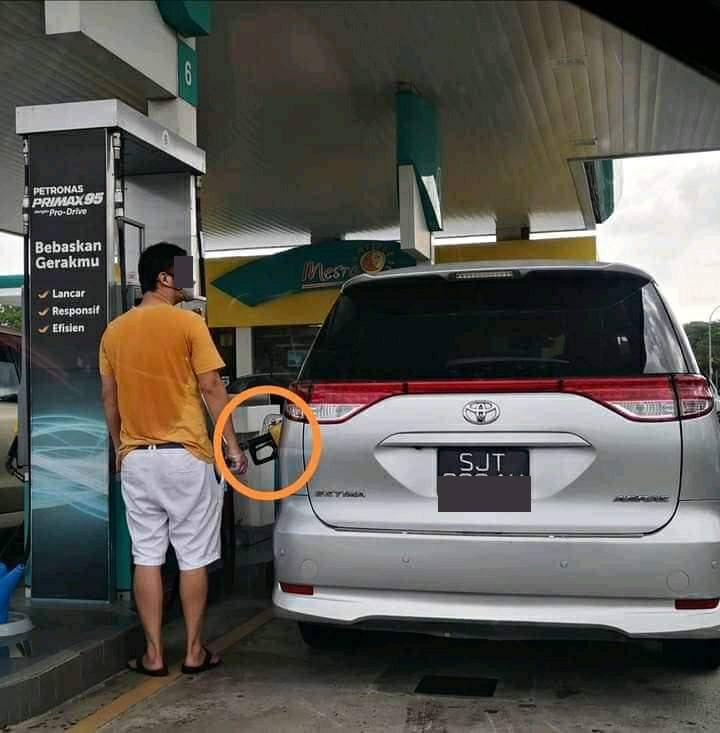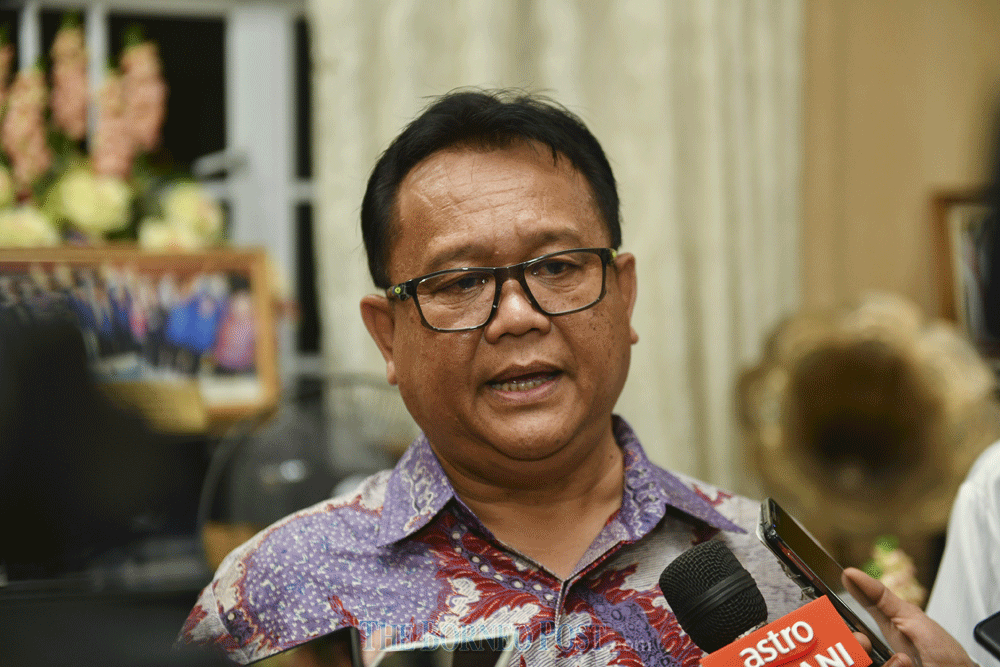Foreign Vehicles Are Actually Not Allowed To Pump RON95 In Malaysia
The issue became a hot topic again after a vehicle with a Singaporean number plate was caught pumping RON95 at a local petrol station recently.
Did you know that foreign vehicles are actually not allowed to pump heavily subsidised RON95 in Malaysia?
The issue became a national hot topic again lately following the reopening of international borders on 1 April.
Recently, a photo showing a vehicle with a Singaporean number plate pumping RON95 at a local petrol station went viral.
The photo even caught the attention of former prime minister Datuk Seri Najib Razak, who said in a Facebook post that Malaysia loses RM1.70 for every one litre of RON95 pumped into foreign vehicles.
"If foreigners fill 40 litres of RON95, the government will lose RM68 of the people's money to foreigners," said the Pekan member of parliament (MP).
Najib said that at RM2.05 per litre, the price of RON95 in Malaysia is the 11th lowest in the world, even cheaper than some major oil-producing and Gulf countries, such as Saudi Arabia, Qatar, and Bahrain.
"Only RON97 is allowed to be sold to foreigners here. Even at RM3.91 per litre in Malaysia, this is still much cheaper than the prices in Singapore where RON95 is priced at SGD3.02 (about RM9.37) and RON97 is sold for SGD3.51 (about RM10.89) because of the high taxes," he added.
The prices of crude oil have increased steeply over the past few months due to US sanctions against Russia following its invasion of Ukraine.
As of 28 March, the price of gasoline in the US is about RM4.72 (USD1.12) per litre, an increase of about RM1.54 from a year ago.
The fuel price in Malaysia is about RM7.32 and RM2.67 cheaper than in Singapore and the US, respectively.
The law that prohibits the sale of RON95 to foreigners was introduced in 2010 by then domestic trade and consumer affairs minister, Datuk Seri Ismail Sabri Yaakob, who is now the premier
After the photo went viral, Domestic Trade and Consumer Affairs Minister Datuk Seri Alexander Nanta Linggi said his ministry (KPDNHEP) will be ramping up monitoring and enforcement activities at all petrol stations, especially those near Malaysia's land borders, reported Bernama.
"The ministry has also ordered all state ministry offices bordering Singapore and Thailand to intensify monitoring and inspections as well as to take stern action against any party that violates the Control of Supplies Act 1961 (Act 122) and the Control of Supplies Regulations 1974," he said in a statement on Sunday, 3 April.
Domestic Trade and Consumer Affairs Minister Datuk Seri Alexander Nanta Linggi.
Image via The Borneo PostHe said petrol station operators that sell subsidised petrol to foreign-registered vehicles will face a maximum fine of RM2 million
Meanwhile, individuals breaching the law will face a maximum fine of RM1 million
With the launch of Ops Pantau beginning yesterday, Alexander said more aggressive enforcement will be carried out.
"Aside from ensuring adequate supplies of goods that are sold at reasonable prices, Ops Pantau 2022 will also ensure high levels of compliance by traders, following the reopening of the economy and international borders," Malaysiakini quoted him as saying.

